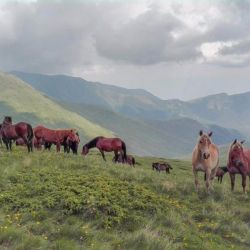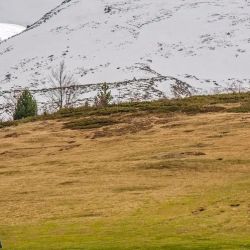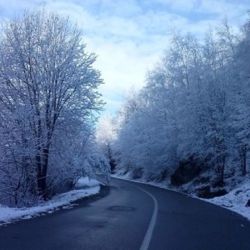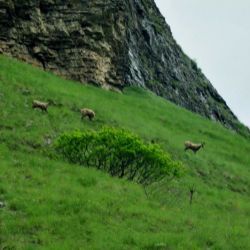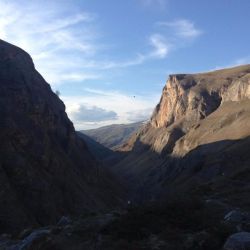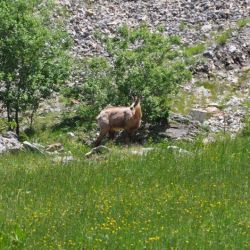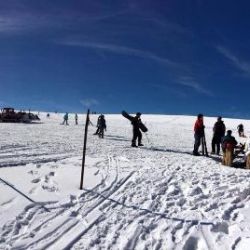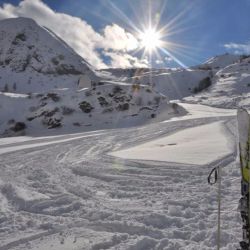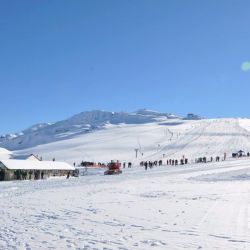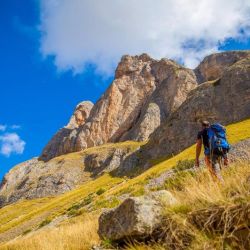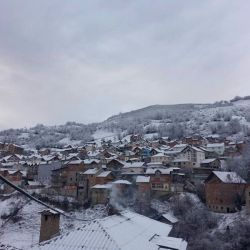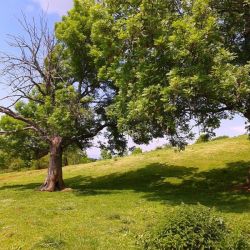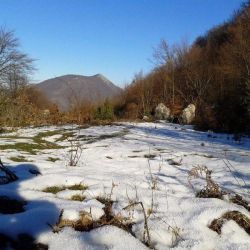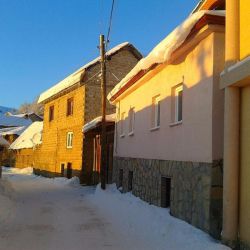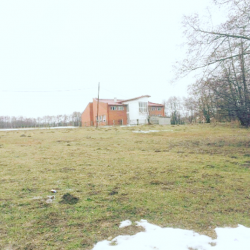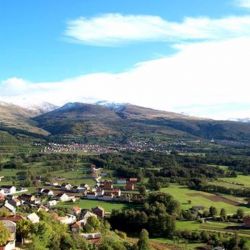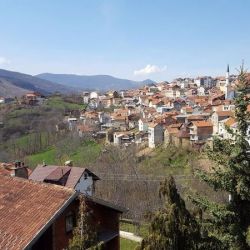Urlaub - Hotels in Dragash Kosovo
The archaeological finds testify to an ancient civilization, for a major trading port in the region: Oriku (Orikumi i sotem) which dates back to the VI. Valltos Lake (Orikum) still retains today the old ruins of this city. Oriku, this important walled fortress played an important role in the war between Caesar and Pompey. Initially, Pompey held it as a station for his military fleet, then on January 6, 48 BC, was captured by Caesar without war, who established his legacy there. Orik was then used by the Romans, the wars against the Illyrians, and the Macedonians. The Macedonian fleet of Alexander the Great of Macedonia conquered it in 214. In the 3rd century BC, Oriku cut off the first coins in the name of the civic community. In the Byzantine period and in the Middle Ages, Orikus emerges as Jericho. At the time of the Ottoman invasion of Arberia, the Turks were called Pashaliman. In the Middle Ages, Vlora and its areas fell under Normandy, later in the Venetian, and later under German invasion of Hohenstaufen. These are described by Jirecek in his studies.
In the Arberia kingdom, 1272, Vlora is mentioned for flowering of handicrafts, trade, livestock and potting. In the 14th century, Vlora was under the rule of the Principality of Balsha. It should be mentioned during this period that the rebellion of Laberise of Vlora against the Byzantine invaders by 1335-1336. In 1417 Vlora was captured by the Ottomans. Gjergj Araniti, who organized the attacks against the Ottoman invaders from 1431 to 1432 in the labyrinthian slopes, received the conquest of the Great Powers of Europe of that time. Vlora served as the base of Sultan Suleyman against South Italy, Himara and Corfu. For this he raised the castle of Vlora, where is now the "Flamurtari" Stadium. During the 16th and 16th centuries the Vlora population developed a series of insurgencies against the Ottoman invaders. In the ninth century. XVII-XVIII Vlora was the main harbor of South Albania. The city developed the market with Trieste, Venice, Vienna, Corfu, Istanbul, Izmir, Breshian, Bar, Janinen, Malten and Cyprus. Austrian steam "Lloid" and Italian "Pulja" entered Vlora every week by exporting or importing various agricultural and industrial products. Vlora exported olive oil, olives, salt, wool, lamb and rabbit skin, turtles, leech, poultry, sheep, horses, minced meat, salted fish, fish eggs, walrus, asphalt, mackerel, tomato, beaker, wood Fire, valanidh, honey, summer of Narta and wine "Vlosh" of Vlora.
At the end of the XIX and early XIX centuries in Vlora were created a series of patriotic and cultural associations such as Vlora (1887) "Vlora River" (1900), "Laberia" (1908), "The National Connection for Propagation Of Albanian schools "(1908), etc., which played an important role in the preservation of culture and the opening of Albanian schools on August 7, 1908, was completed by the Albanian School of Muradies. All the patriotic efforts were crowned with the proclamation of the Independence of Albania by 28 November 1912 by the eldest and eminent diplomat Ismail Qemali together with friends from different parts of the country. They set up the National Flag in Vlora and formed the Provisional Government with Ismail Qemali.
During World War I, Vlora has played a decisive role in preserving the land and sea borders. The War of Vlora in the 1920s was one of the most glorious eponymos of shipwrecks against the Italian invaders. During 1925-1939 Vlora was under the regime of King Ahmet Zog. World War II made Vlora one of the most important focal points of the National Anti-fascist Movement against the Nazi-fascist invaders.
The liberation of Vlora occurred on October 15, 1944, and then on November 29, 1944, the whole of Albania was liberated. After all this, the country falls under the dictatorial rule of Enver Hoxha, who isolated Albania from the West for about 50 years. In 1990 people dictated the dictatorship, and the years that followed belong to the pluralistic system. Vlora has been one of the cities most affected by the political-social changes in the country. Now everything is normalized - the loving and trading spirit of vlonjatit is giving day by day a new view of the city, especially the fast-paced tourism.
